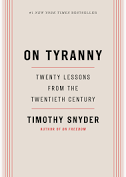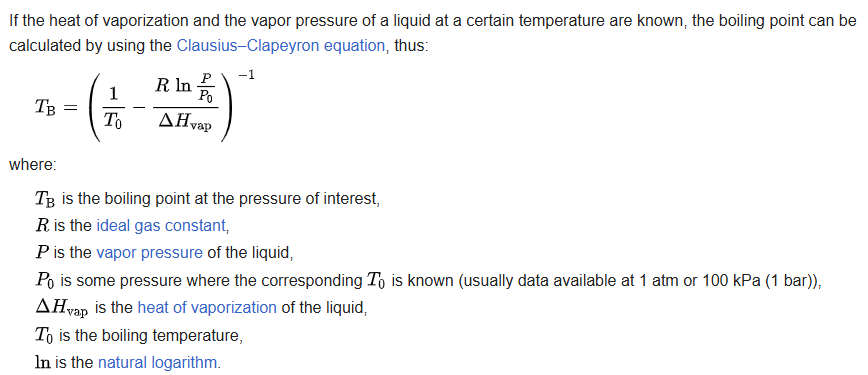
Francis brought a distinct pastoral outlook to his papacy. A simple man, he lived in a small apartment in the guesthouse. He sought to make the church accessible to all with a focus on the marginalized, whether they be poor, living in the Third World, or LGBTQ+. When asked about the latter, Francis famously replied, “Who am I to judge?”
His impact will be felt in the church and the world for years. He had wide-ranging interests, including education, and wrote this encyclical (letter that does not set doctrine or policy) about the role of literature in formation, which for our purposes we may read as education. While much of his letter addresses the preparation of young men for the priesthood, Francis directly talks about general education of children and youth in parts and indirectly realizes that much of what he is saying about priests applies in a more universal way.
A few excerpts:
- “What I would like to address here is the value of reading novels and poems as part of one’s path to personal maturity.” Francis recognizes the importance of reading in the formation of responsible, mature, and moral adults. He will explain as he goes on.
- “Time spent reading may well open up new interior spaces that help us to avoid becoming trapped by a few obsessive thoughts that can stand in the way of our personal growth. Indeed, before our present unremitting exposure to social media, mobile phones and other devices, reading was a common experience …” Too much screen time is not productive while reading is.
- “Unlike audio-visual media, where the product is more self-contained and the time allowed for “enriching” the narrative or exploring its significance is usually quite restricted, a book demands greater personal engagement on the part of its reader.” Books require the reader to be an active consumer of content, even a co-creator with the author in imagining the story developing in the reader’s mind.
- “As a young teacher, I discovered this with my students. … Yet, as they read those works that interested them at that moment, they developed a more general taste for literature and poetry, and thus they moved on to other authors.” Let the kids read what they want to read, dammit. That will encourage them to engage with other works even the classics they once shunned.
- “Literature also proves essential for believers who sincerely seek to enter into dialogue with the culture of their time, or simply with the lives and experiences of other people.” Story is a powerful medium to help us understand other people and cultures. I believe Francis would abhor the book-banning efforts taking place in school and public libraries.
- “From a practical point of view, many scientists argue that the habit of reading has numerous positive effects on people’s lives, helping them to acquire a wider vocabulary and thus develop broader intellectual abilities. It also stimulates their imagination and creativity, enabling them to learn to tell their stories in richer and more expressive ways. It also improves their ability to concentrate, reduces levels of cognitive decline, and calms stress and anxiety.” I have a feeling that Francis hated standardized testing and, if he was familiar with the Common Core’s approach to reading, would have dismissed it as stupid.
- “In reading, we immerse ourselves in the thoughts, concerns, tragedies, dangers and fears of characters who in the end overcome life’s challenges. Perhaps too, in following a story to the end, we gain insights that will later prove helpful in our own lives.” Reading literature results in learning lessons for life.
- “This is a definition of literature that I like very much: listening to another person’s voice.” Through reading, we hear the voices of others and see through their eyes. In other words, we experience the world through a viewpoint different from our own.
- “… the reader is not simply the recipient of an edifying message, but a person challenged to press forward on a shifting terrain … In reading a novel or a work of poetry, the reader actually experiences “being read” by the words that he or she is reading.” Francis compares this to video game players; the game is played through them as they are totally caught up in the action. Reading helps us to know our true selves. Reading helps us experience life as it is.
- “We become more sensitive to the experiences of others. We step out of ourselves to enter into their lives, we sympathize with their struggles and desires, we see things through their eyes and eventually we become companions on their journey.” Reading breeds empathy in our souls as we identify with the struggles of others.
- “The wisdom born of literature instil [sic] in the reader greater perspective, a sense of limits, the ability to value experience over cognitive and critical thinking, and to embrace a poverty that brings extraordinary riches.“
So read, people, read, read, read. Make space in the school day for reading and encourage it at home. But for God’s sake and your own, don’t make it a chore. Put those reading logs through the shredder. Like learning for the sake of learning, read for the sheer pleasure of it. There is much more that will be gained from the process.
Francis lived an extraordinary life as the Bishop of Rome. He took his vow of poverty seriously; therefore, his life differed from his predecessors. He has departed now, but he will be with us as long as we remember the wisdom he shared.



